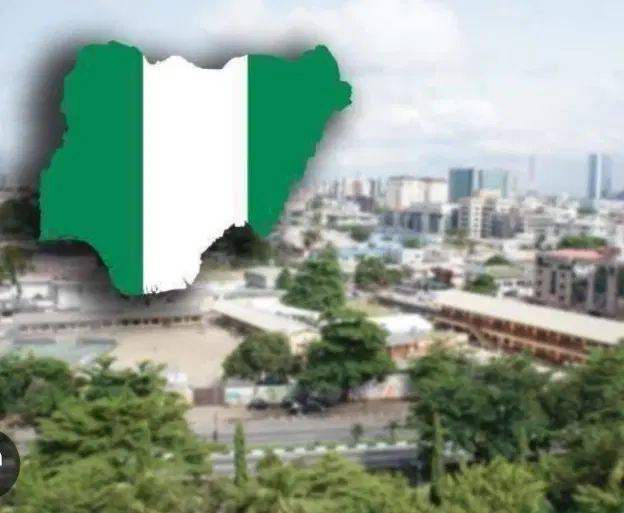Nigeria’s Net Domestic Credit (NDC) fell by 12.8% year-on-year (YoY) in August 2025, reaching N98.97 trillion, according to the latest Central Bank of Nigeria (CBN) money and credit report. The NDC, which measures total bank credit to both public and private sectors, reflects the impact of monetary policy easing amid a continued drop in inflation.
Analysis showed that in August 2025, bank credit to government stood at N23.133 trillion, while credit to the private sector was N75.843 trillion, bringing the total NDC to N98.97 trillion. By comparison, in August 2024, credit to government was N39.391 trillion and credit to the private sector N74.072 trillion, totaling N113.463 trillion.
Monthly trends in 2025 indicated fluctuations in NDC levels. It started the year at N102.406 trillion, rising 0.9% to N103.369 trillion in February, before dropping 34% to N68.177 trillion in March. In the second quarter, NDC rose 49.6% to N102.002 trillion in April, declined 1.03% to N100.955 trillion in May, and dropped further 3.13% to N97.787 trillion in June. After missing data for July, August saw a modest increase of 1.2%.
Dr. Muda Yusuf, CEO of the Centre for the Promotion of Private Enterprise (CPPE), commended the CBN’s Monetary Policy Committee (MPC) for reducing the Monetary Policy Rate (MPR), describing it as “a welcome and timely intervention.” He noted that a lower MPR combined with a reduced Cash Reserve Ratio (CRR) could expand banks’ capacity to create credit, ease lending rates, and support business growth and job creation.
However, Yusuf emphasized that monetary easing alone is insufficient, urging fiscal authorities to prioritize infrastructure, strengthen regulations, and maintain fiscal consolidation to ensure macroeconomic stability and boost investor confidence.
David Adonri, analyst and Executive Vice Chairman at High Cap Securities Limited, expressed concern that the persistent contraction in credit could strain business funding, especially amid inflationary pressures, foreign exchange volatility, and weak consumer demand.
He also highlighted a broader African trend, noting that central banks across the continent are easing policy as inflation cools. For instance, Ghana cut its policy rate by 350 basis points to 21.5%, while Kenya lowered its benchmark rate to 9.5% in mid-August. Nigeria’s MPR, however, remains among the highest in Africa, reflecting ongoing inflationary pressures.

